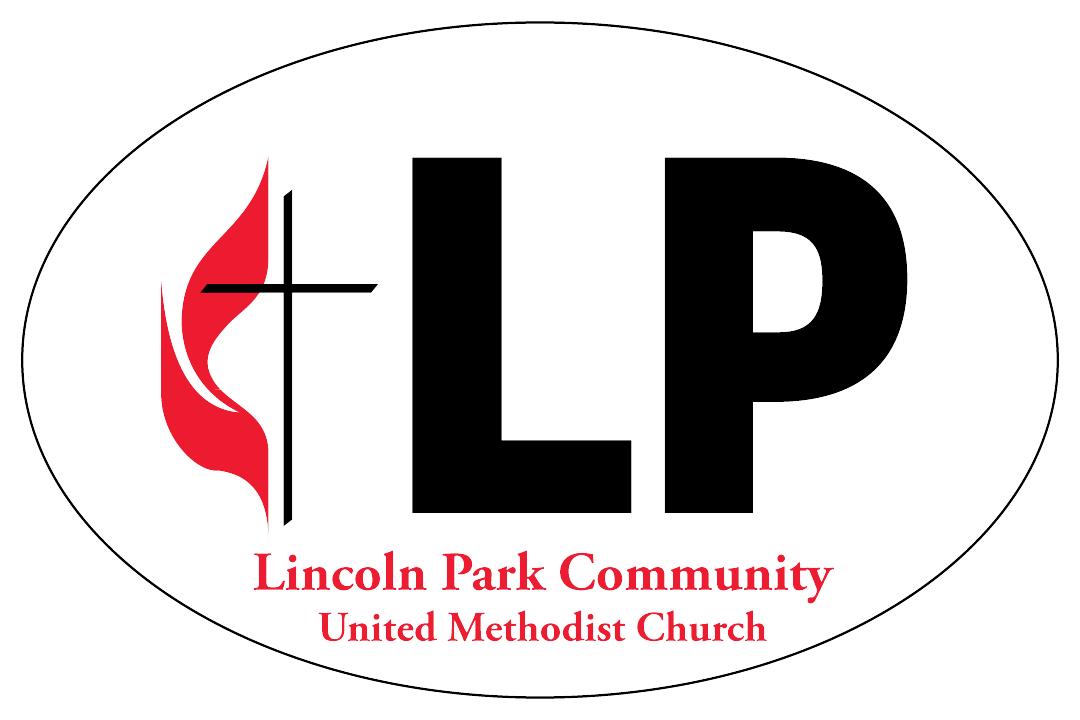In our world, can you imagine being free and not knowing it? Imagine being pardoned for a crime but remaining in prison because no one informs you that you’ve been freed.
Thinking Out Loud – November 2016
From Pastor Dave McMillan
But now in Christ Jesus you who were once far off have been brought near by the blood of Christ for he is our peace. In his flesh he has made both groups into one and has broken down the dividing wall, that is, the hostility between us.
 Over 27 years ago, my sister and her husband spent many months and tens of thousands of dollars to become pregnant. In their mid–30’s (after numerous disappointments and heartbreaks) they decided to adopt a child. They explored several avenues and settled on adopting a child from Guatemala, where the waiting period and expenses were considerably less. They were able parents, ready to offer a child, any child, a loving home.
Over 27 years ago, my sister and her husband spent many months and tens of thousands of dollars to become pregnant. In their mid–30’s (after numerous disappointments and heartbreaks) they decided to adopt a child. They explored several avenues and settled on adopting a child from Guatemala, where the waiting period and expenses were considerably less. They were able parents, ready to offer a child, any child, a loving home.
After a call from their lawyer that a young boy was available, they traveled to Guatemala City to receive their six-month-old package of joy. Though years have passed, I remember their excitement and our joy at welcoming my new nephew, Benjamin, home, into our extended family.
Over the years, we’ve remained close as a family, sharing birthday parties, weddings, holidays, and vacations. Ben has become as much a part of the family as any other member. Still, I’ve become aware — through things my sister has shared with me privately and from the rare occasions when Ben has willingly been forthcoming — that his life has been much more difficult than our own He’s had to live with feelings of rejection, alienation, and discrimination because of his physical features, dark black hair, and skin color.
I’m embarrassed to say that I’ve been less than sympathetic towards Ben, at times inwardly questioning his stories of prejudice and discrimination, wanting to believe that most people are basically good and fair in their estimation and treatment of others. It couldn’t be as bad as he’s made it out to be. Is this his justification for not accepting the hard responsibilities of adulthood? Mm…How easy it was for me to judge — a white middle-aged male living in a predominantly white world, with all the privileges this affords me.
If there was ever a time in recent history when the Church could make a difference in the course of a nation, it is now.”
A few nights ago, my sister called me on her way home from work. She’d been on the phone with Ben, who has worked several years for an organic lawn service servicing wealthier neighborhoods. He’d pulled his truck to the side of the road and was unloading his spreader when a man drove up next to him. Lowering his window, he yelled that Ben’s truck was illegally parked; then looking at him, he said, “Just like you, an illegal immigrant.”
Something sticks in your gut when words like these are said to someone you love. First, you want to go and confront this person. At least, you think it. Then, all your own prejudices take the wind out of your sails. Who have I looked at and thought the same? Whose son, father or mother, whose nephew? How could we, white America, know what it’s like to be the object of such hatred and prejudice unless we’ve been on the receiving end ourselves?
There’s a lot of hate out there — and I’m afraid to say — a lot of hate in here, too…in our own hearts. In the past several months it seems to have been unleashed upon the world, even accepted and condoned. It’s more than the result of a presidential campaign; some call it the underbelly of America.
In my mind, it comes, in part, from economic uncertainties and a continued breakdown in community: in our homes and in the civic and religious institutions that have traditionally held us together. It comes as a result of the breakdown in human relationships, especially today, along the lines of race, which have been charged with renewed, deep-seated fears and mistrust. But, ultimately, it’s a spiritual problem arising from an insecurity born of feelings of being unacceptable or unaccepted. When a person feels fully loved and accepted in the eyes of God, he cannot help but love and accept all others.
If there was ever a time in recent history when the Church could make a difference in the course of a nation, it is now. By Church, I mean individual churches and Christians, each of us first looking honestly at ourselves in light of the life of Christ who confronted the social challenges of his day while also being a peacemaker and bridge builder.
As followers of Christ, we’re called to be a healing balm, reaching across existing hatreds to offer a way to relate to one another, to break down walls of hostility that separate us. We’re called to do this through acts of self-sacrifice, service, humility, and love…a love for all people, including those who do not look like ourselves.





You must be logged in to post a comment.